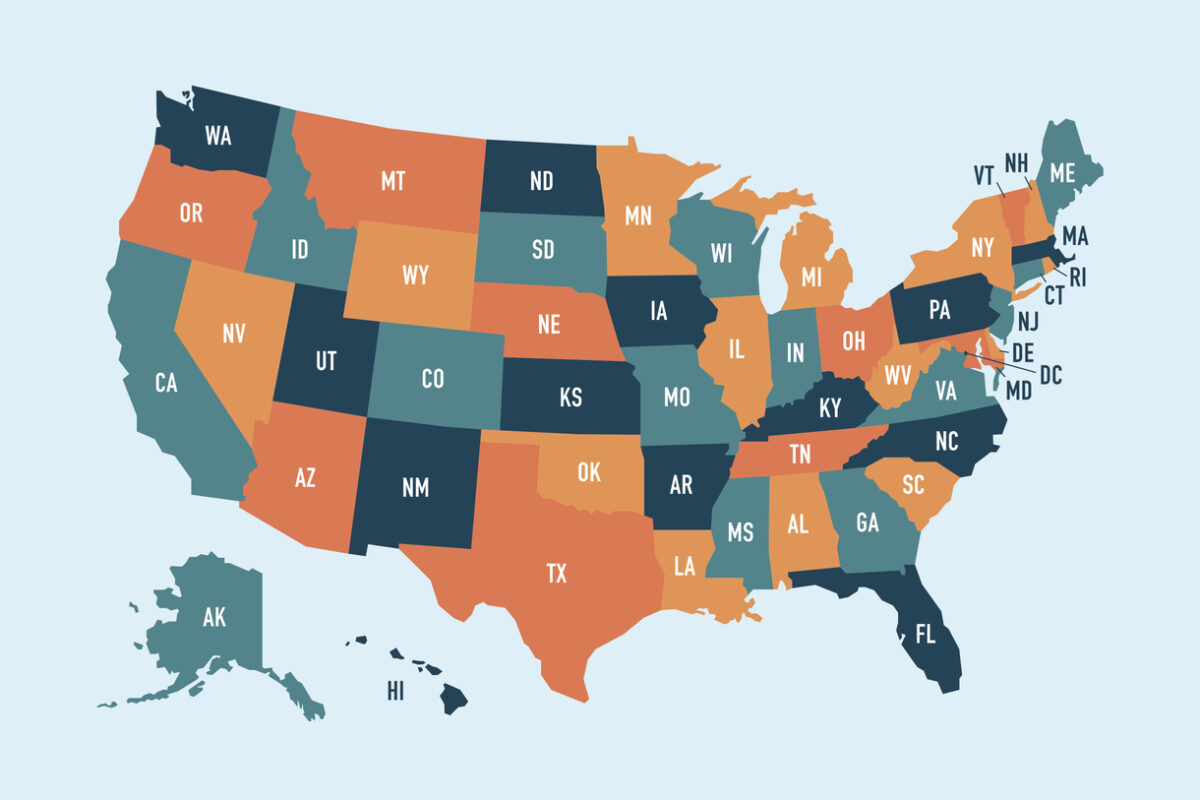IHEP President Tapped to Offer Education Recommendations to Presidents Obama And Medvedev During U.S.-Russia Convening
Published May 13, 2014
Washington, D.C., July 9, 2009—Earlier this week leaders gathered at the United States-Russian Civil Society Leaders Summit in Moscow, Russia to discuss the social and economic conditions occurring in both countries. Among the topics discussed was education in which Institute for Higher Education Policy President, Michelle Asha Cooper, Ph.D., was among the invited guests who worked with a team of U.S. and Russian experts to develop recommendations for collaboration between the two country’s organizations that are focused on youth and education.
The U.S.-Russia Civil Society Leaders Summit—held on July 6–7—coincided with the United States-Russia Presidential Summit with President Barack Obama and President Dmitry Medvedev. The Civil Society Leaders Summit was attended by more than 100 representatives from public organizations, global media outlets, community-based groups, and educational institutions. The goal of the meeting was to develop recommendations for collaboration between U.S. and Russian organizations along six general lines of work—youth and education, public health, community development, human rights, media, and environmental protection.
On Tuesday, July 7, President Obama joined Civil Society Leaders Summit experts to hear the initial framework for future education-based collaboration between the United States and Russia developed at the two-day meeting. Cooper worked with a team of leading experts that shared recommendations with President Obama for improving collaborations among youth and education leaders in the United States and Russia.
“In spite of mounting challenges to postsecondary education, the public service mission of colleges and universities has never been more critical. To advance this effort in the United States and Russia, new approaches to cooperation are needed to insure that these countries learn from one another,” said Cooper. “The commitment of President Obama, as evidenced by his presence and remarks at the Summit, shows tremendous promise for improved U.S.-Russian relations.”
Following the July meeting, the framework and work plan developed at the Summit will form the basis of future work that will rely upon sustained cooperation among U.S. and Russian experts and practitioners. Summit conveners intend for participants to maintain and grow professional networks, with the hope that collective effort can propel the development of innovative thinking and new strategies and for solving shared problems.
“It is time that American and Russian NGOs respond to common challenges while forming conducive environments for broader engagement and collaboration between the governments and citizens of the two countries,” said Horton Beebe-Center, president of the Eurasia Foundation. “The final recommendations and joint activity plans will help Americans and Russians to address specific problems that are common for the United States and Russia and to improve sustainability of our cooperation.”
The event was co-sponsored by the Eurasia Foundation, New Eurasia Foundation, and Center for Strategic and International Studies.


